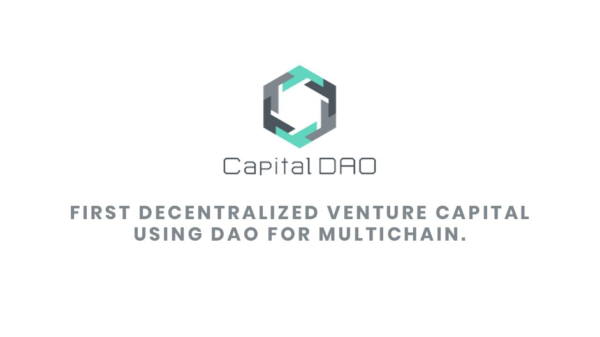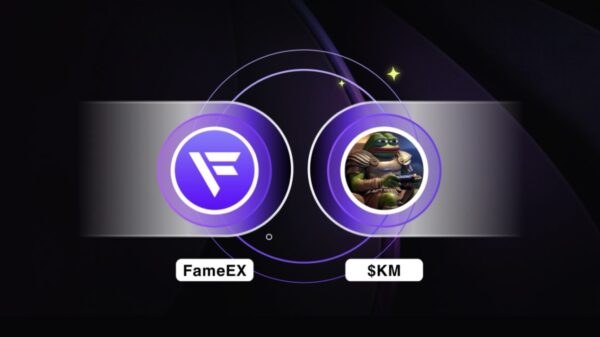In an industry where anonymity and innovation often go hand in hand, few names stir as much intrigue as Jeffrey Hinton, the elusive founder of Polycat.io. Known to insiders as simply “Jeff,” the Indian-Canadian developer has remained a shadowy figure—until now.
In an exclusive interview with CoinDesk, Jeff breaks his silence, revealing for the first time that he was part of the early engineering core at Polygon (formerly Matic Network). “Polygon’s scalability solutions were just the beginning,” he explains. “The deeper issue was long-term user retention and authentic decentralization—questions that ultimately led to the genesis of Polycat.io.”
Redefining Liquidity Mining Through Game Mechanics
At its core, Polycat.io is a GameFi-native protocol that merges traditional liquidity mining with interactive, user-driven mechanics. According to Jeff, “click-to-earn models are unsustainable and extractive. We needed an incentive structure aligned with real behavioral economics—something more immersive, more human.”
Instead of simple staking and yield farming, Polycat introduces a layered game-theoretic framework that rewards participation, strategy, and social dynamics. Smart contracts orchestrate everything from NFT-powered incentives to on-chain governance events, eliminating the need for any centralized arbitration.
“When users are engaged through gameplay loops rather than raw APY, we see healthier protocol dynamics. That’s where GameFi surpasses traditional DeFi.”
Autonomous by Design: No Admin Keys, No Backdoors
Polycat.io has maintained a zero-admin architecture from day one. All contract logic, including reward distribution, transaction routing, and fee mechanics, is entirely permissionless and verifiable on-chain. No human intervention. No custodial control.
“Every byte of logic is encoded immutably,” Jeff notes. “This isn’t decentralization by branding—this is decentralization by architecture.”
This commitment to transparency and trustlessness positions Polycat in sharp contrast to many so-called DeFi platforms that quietly maintain multisig backdoors or opaque tokenomics.
“The Code Now Speaks for Me”
In perhaps the most symbolic moment of the interview, Jeff indicated he will not make further public appearances. “Polycat.io is no longer mine,” he said. “It belongs to the network, to the community, to the DAO. I’ll be gone—but the protocol will evolve. From here forward, the code speaks for me.”
True to that philosophy, Jeff exited the room, leaving behind nothing but a cold wallet address and a link to the Polycat.io protocol.


















![Bitcoin Cash [BCH] could be ready for another pump. Here's why...](https://www.blockchainnewsportal.com/wp-content/uploads/2023/08/Bitcoin-Cash-BCH-could-be-ready-for-another-pump-Heres-600x337.png)

















